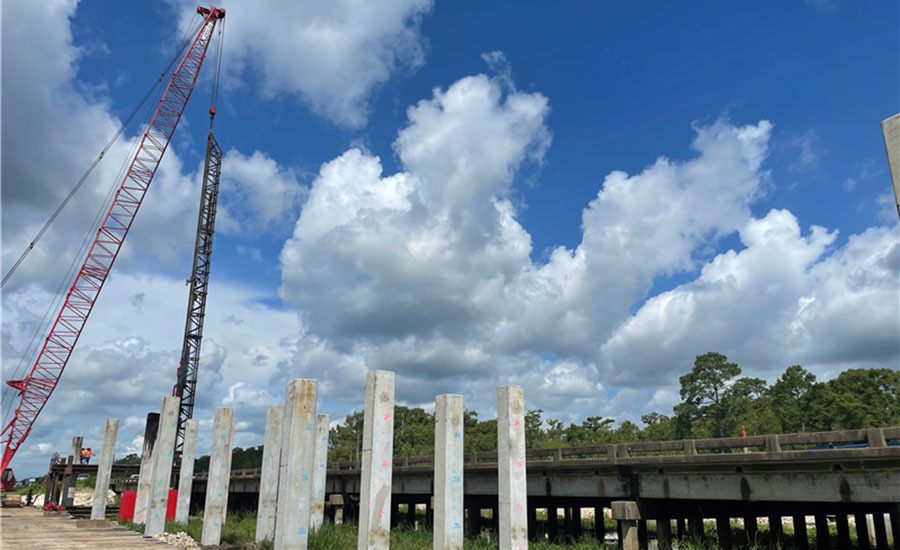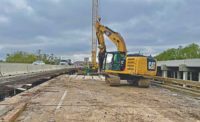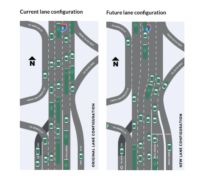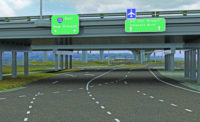Louisiana legislators are being asked to approve $180 million in additional bonds for the Interstate-10 widening project as inflation impacts have increased the estimated cost by more than $200 million to $925 million.
Appearing before the Joint Committee on Transportation in late March, Louisiana Dept. of Transportation and Development Secretary Eric Kalivoda said costs for two primary construction materials—concrete and steel—jumped nearly 34% overall between September 2021 and August 2022.
“Unprecedented inflation in the last couple of years has driven up the cost,” Kalivoda told legislators. The cost of the project—which will widen I-10 through Baton Rouge from three to four lanes each way—has jumped more than $200 million in two years. In November 2020, the expansion was expected to cost $716 million.
To overcome the budget-busting inflation, Kalivoda asked legislators to increase the amount of GARVEE bonds the state can use. Those bonds are an advance on federal dollars that states can repay annually over 12 years.
So far, Louisiana has released $415.5 million for the project, with $360 million coming from GARVEE funds. To help close a growing funding gap, the department suggested using $255 million from the Infrastructure Investment and Jobs Act.
The request next goes to the Joint Legislative Committee on the Budget, which has yet to schedule a hearing as of April 4.
The 60-plus-year-old highway is Louisiana's most heavily traveled and congested, with more than 180,000 vehicles daily. In addition to adding lanes, the 3.5-mile project that is slated for completion in 2028 will reconstruct I-10 by modifying six interchanges and adding noise barriers, guide signs, traffic signals and lanes for bicyclists and pedestrians.
Completing the project is vital for the state's economic growth, officials say. “It really is our biggest congestion problem across the state and really impacts the regional economy and commerce across Louisiana. It’s something that we have to resolve,” Kalivoda says.
A span of the Jimmie Davis bridge linking Bossier City and Shreveport also has felt the inflation punch, initially set to cost between $80 million and $100 million in 2016 but now estimated at between $120 million and $150 million. Last December, ENR reported that the project's core remains the same: a design-build contract to construct a new, four-lane steel or concrete bridge while renovating the existing structure into a linear park.






Post a comment to this article
Report Abusive Comment